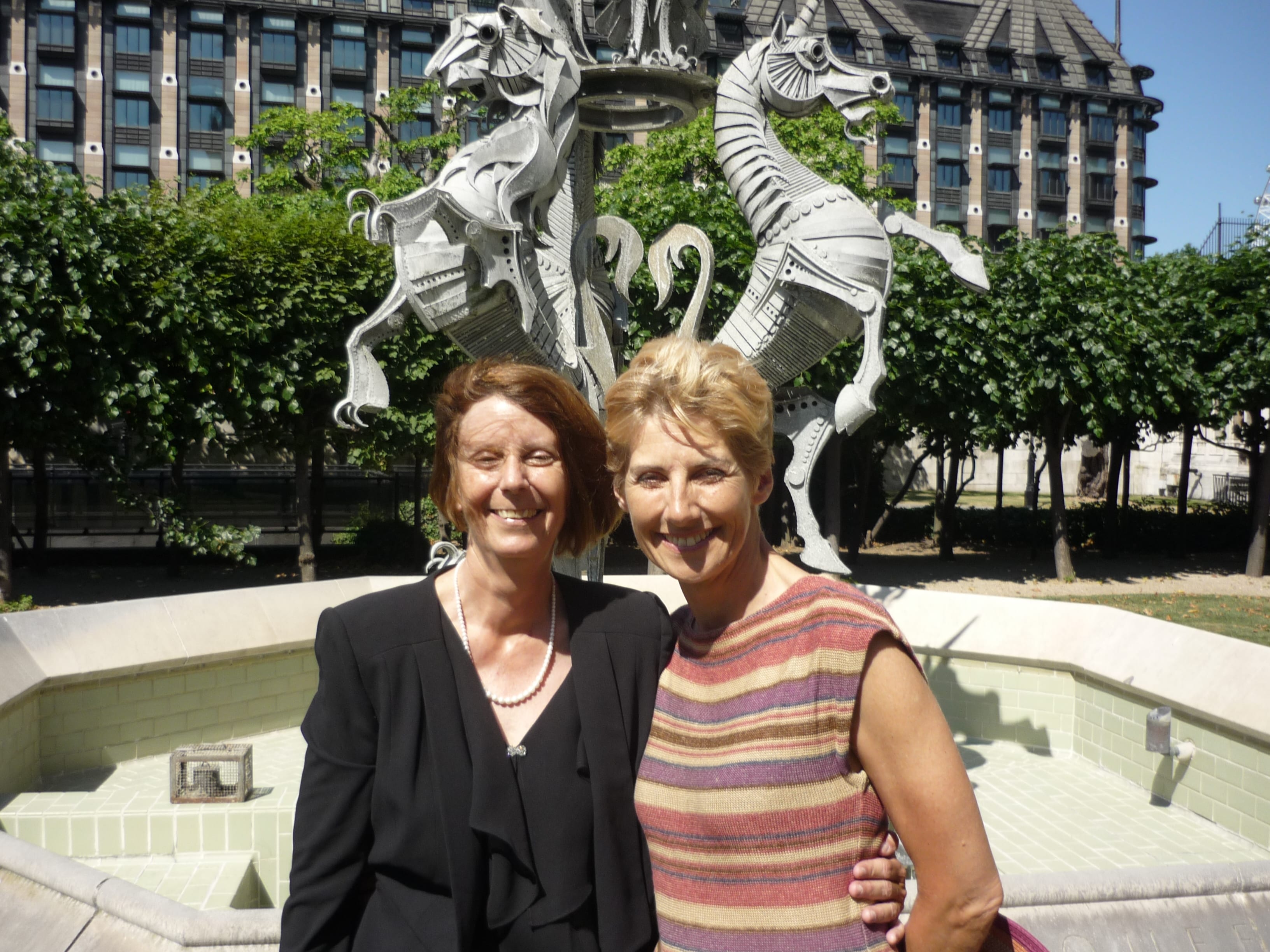End-of-Life Care Advocacy Group Praises Congressional Leaders for Protecting D.C. Medical Aid-in-Dying Law
Acknowledges Opponents Will Keep Fighting Peaceful Option to End Unbearable Suffering
Mar 23, 2018 d.c. death with dignity act DC Death with Dignity Act Mary Klein

Compassion & Choices thanked congressional leaders for protecting D.C.’s Death with Dignity Act by excluding a House-approved appropriations bill rider to overturn the law from the final omnibus appropriations bill President Trump signed into law this afternoon.
Last September, the U.S. House of Representatives passed an appropriations bill (H.R. 3354) that included an amendment by U.S. Rep. Andy Harris (MD) to repeal the D.C. Death with Dignity Act, which authorizes medical aid in dying in the District of Columbia.
“For seven long months, terminally ill D.C. residents like Mary Klein have been living on pins and needles worrying if Congress would take away this peaceful option to end unbearable suffering,” said Kim Callinan, CEO of Compassion & Choices. “Thankfully, congressional leaders made the right decision after hearing from their constituents, protected this law and honored the autonomy of the District to pass legislation that a supermajority of its Council members and resident support.”
“I am in the last part of my life because of terminal ovarian cancer, so I am extremely relieved that Congress has the left D.C. Death with Dignity Act intact,” said Mary Klein, who has endured radical surgery, 65 chemotherapy treatments and countless trips to the emergency room and admissions to the hospital to extend her life. "Now I just hope I can find a physician willing to write me a prescription for aid-in-dying medication, so I have the option to take it if my suffering becomes unbearable. I would like to die peacefully on my terms, at home, with my wife Stella by my side."
Less than two weeks after the House approved the Harris rider, Reps. Brad Wenstrup (OH) and Lou Correa (CA) introduced House Concurrent Resolution 80, erroneously claiming medical aid in dying undermines the integrity of the health care system.
“We know our battle with political opponents of medical aid in dying is far from over. However, given that we have widespread public support on our side, we are confident we will prevail in the long run,” concluded Callinan.
In fact numerous polls show strong support for medical aid in dying among U.S. physicians and Americans across the ethnic, political and religious spectrum.
Last November, a diverse list of 59 faith leaders from D.C. and 23 states delivered a letter to Congress urging lawmakers to “be merciful as your father in heaven is merciful” by rejecting any bill to repeal D.C.’s medical aid-in-dying law and opposing this end-of-life care option nationwide.
Medical aid in dying is an option for mentally capable, terminally ill adults with six months or less to live to peacefully end their suffering if it becomes unbearable not only in the District of Columbia, but in six states: California, Colorado, Montana, Oregon, Vermont, and Washington. There is no evidence of misuse with this end-of-life care option in the 40 years of combined experience in these seven jurisdictions.


